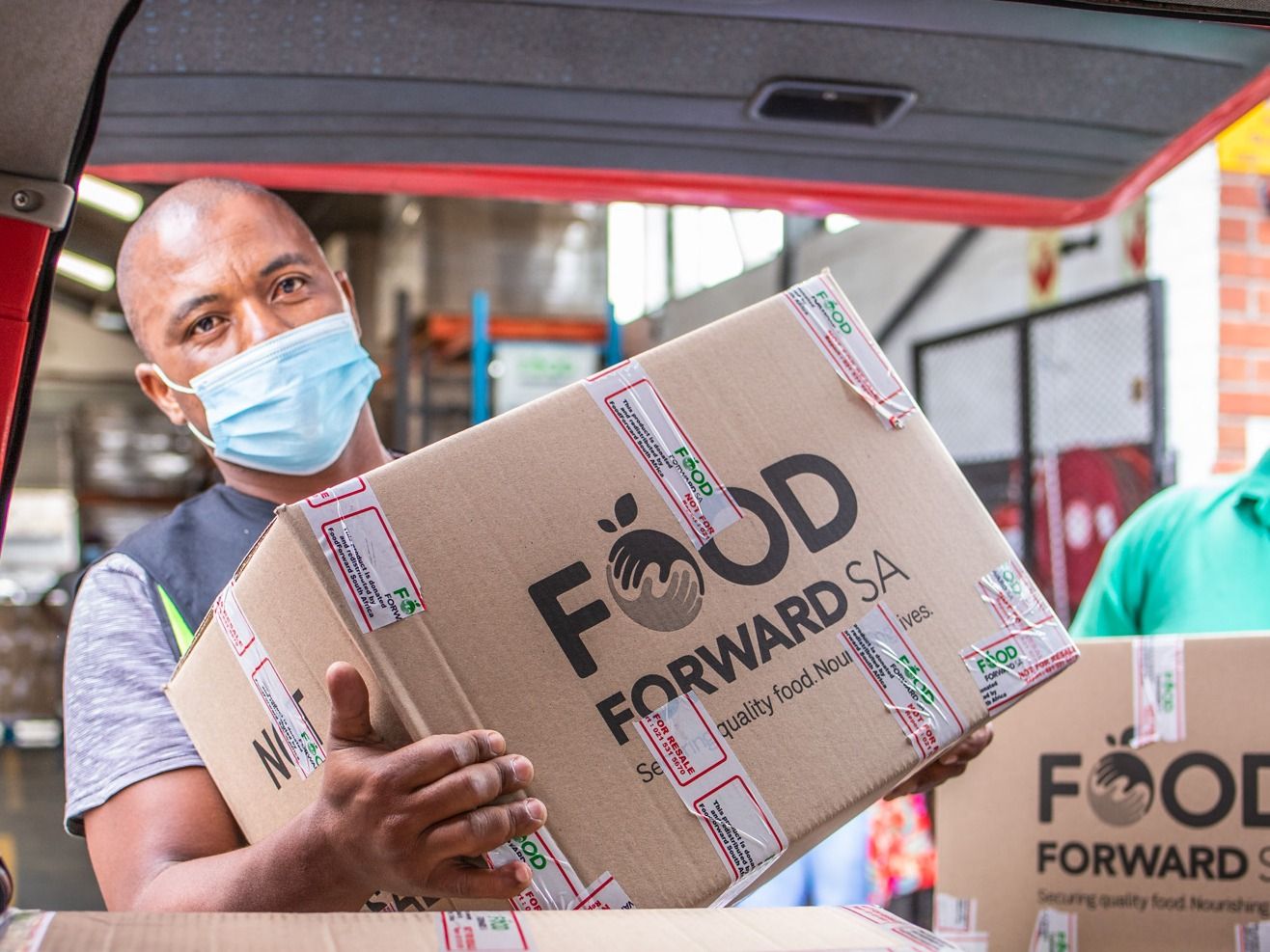
Added: Mar 09, 2022
Last edited: Mar 09, 2022
Food rescue is one of many circularity tools that the food and beverage sector can use to alleviate pressures on the overall system. Not only is food rescue a societal obligation and an environmental imperative, it also makes business sense. Food rescue can reduce liabilities and strengthen competitiveness, which in turn contributes to building corporate and city resilience.
However, a trusted intermediary is needed to coordinate food rescue, safely, reliably and at scale. Food Forward SA has fulfilled this role with proven impact in South Africa’s food supply chain.
FoodForward SA connects a world of surplus to a world of need in a safe and cost effective manner. The Public Benefit Organisation (PBO) has leveraged its Section 18A status to provide food producers, brand owners and retailers an avenue to strengthen corporate social responsibility (CSR), reduce financial liability, reduce disposal overheads, and avoiding future disposal liabilities.
South Africa produced and imported ~37.5 million tonnes of food for human consumption in 2012, of which ~10.2 million tonnes (27.2%) was not consumed but wasted and landfilled2 . The estimated cost of this wastage, both financial and the externalities, was estimated at R75 billion per annum which equated to 2.2% of South Africa’s GDP at the time3. 4 This is in a country where in the period, September to December 2020, 9.34 million people in South Africa (16% of the population) faced high levels of acute food insecurity. Currently, the key drivers for food insecurity are COVID-19, economic decline, unemployment, rising food prices and drought5 . This extent of wasted food along the value chain aligns well with international concerns. However, South Africa’s distribution of this wastage differs to other counties. Figure 1 illustrates how evenly distributed food wastage takes place prior to the consumer. This implies that growers, handlers and manufacturers of food have a clear role to play in diverting food from landfills and redirecting it to humans. This role is not only an economic imperative, but a socially responsible one too.
Food recovery is one of many solutions available to the food value chain that ensures food does not end up in landfills6 whilst at the same time facilitating a public good. However, there are risks and barriers to food rescue. FoodForward SA has been able to overcome many of these risks and barriers through its highly effective foodbanking model. The registered Public Benefit Organisation (PBO)7 is South Africa’s largest surplus food redistribution organisation. Since its establishment in 2009, FoodForward SA has cemented itself as a trusted intermediary to legally and responsibly redistribute surplus food to those in need of a safe, reliable and cost effective way that does not harm donor reputation or human health. FoodForward SA has been able to connect a world of surplus to a world of scarcity. In 2020/2021 alone, FoodForward SA directed ~7215 tonnes of surplus food to 1 005 beneficiary organisations throughout South Africa. This has resulted in the distribution of 29 million meals throughout the year and supporting ~475 000 beneficiaries each day.

